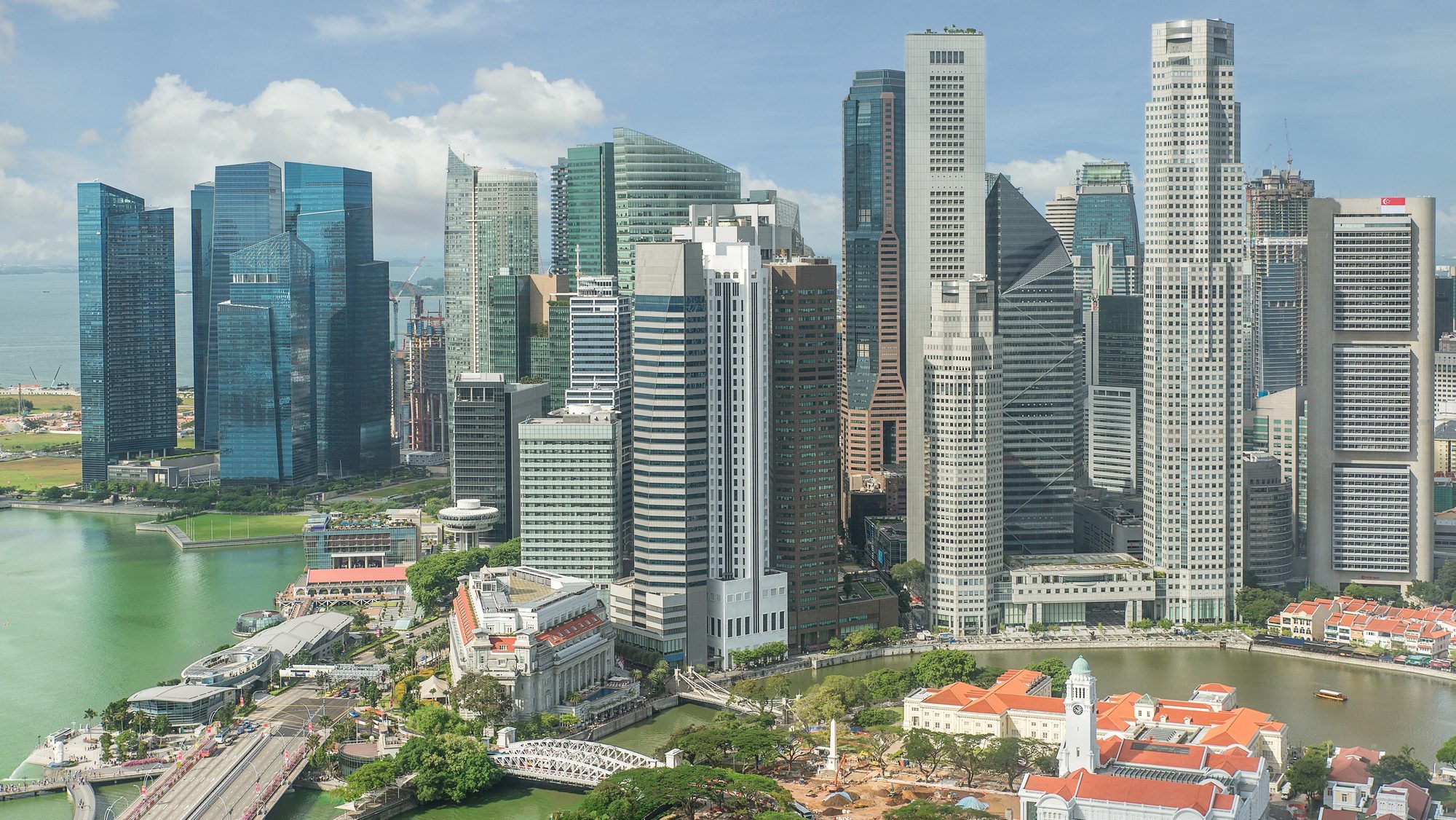SINGAPORE: The latest Kearney Global Business Policy Council report featured in a recent Singapore Business Review story indicates that while the city-state has sustained its high ranking among ASEAN economies as far as investor confidence for Foreign Direct Investment (FDI) is concerned, it dropped to 15th place in the latest 2025 FDI Confidence Index.
Singapore, with eight APAC markets, made the top 25 list this year — same as in 2024. In the top 25 are Japan (4th), China, including Hong Kong (6th), Australia (10th), South Korea (14th), New Zealand (16th), Taiwan (China) (23rd), and India (24th).
Remarkable developments were manifested from Japan, which went to 4th place while South Korea was now ranked 14th place. These changes were propelled by solid economic performance and vigorous technology segments.
Meanwhile, China plunged from 3rd to 6th place, resonating economic setbacks such as the current property predicaments and escalating US–China trade conflicts. Despite these, investor sentiment from APAC-based respondents, who composed 30% of the study, remains encouraging.
Planning to grow their FDI in the subsequent years are 82%, and half of them reported improved confidence about the regional economy than last year.
However, regional difficulties are apparent. There is a sizeable percentage (43%) of APAC investors who acknowledged growing commodity fees as a huge risk over the next year, up from 29% in the preceding study.
Likewise, a more off-putting regulatory atmosphere in developed (36%) and emerging markets (28%) were also positioned high on investors’ radars. Geopolitical pressures continue to make 28% of the respondents apprehensive.
While the Lion City continues to gain from a reputation of regulatory competence and a solid modernization environment, going down from its original ranking points to a sharp examination over trade exposure and expanding outlays.
The report said that the effect of fresh US tariffs, declared after the study was initiated in January, could shape investor sentiment more in the days to come.
On a positive note, AIGCC CEO Rebecca Mikula-Wright was quoted by a writeup published by the Asia Investor Group on Climate Change as saying:
“Singapore-based investors who know how to manage risks and opportunities will lead the market in bringing long-term financial returns to their beneficiaries and accelerate the transition to a low-carbon economy.”
Despite the challenges Singapore is facing, its tax system remains one of the most business-friendly ones all over the world. This is a major consideration that foreign investors think about when they choose a destination in which to invest their money. With Singapore’s low corporate tax rates, businesses functioning in the country similarly obtain numerous tax enticements and exclusions, thus making Singapore still a very attractive site for foreign direct investments.

